Less than
truckload
Special shipment needs supported
In LTL shipping, multiple shipments from different companies are consolidated onto a single truck to maximize space utilization and minimize costs. DGL is a popular option for businesses that need to transport smaller shipments economically while leveraging the infrastructure and expertise of LTL carriers.
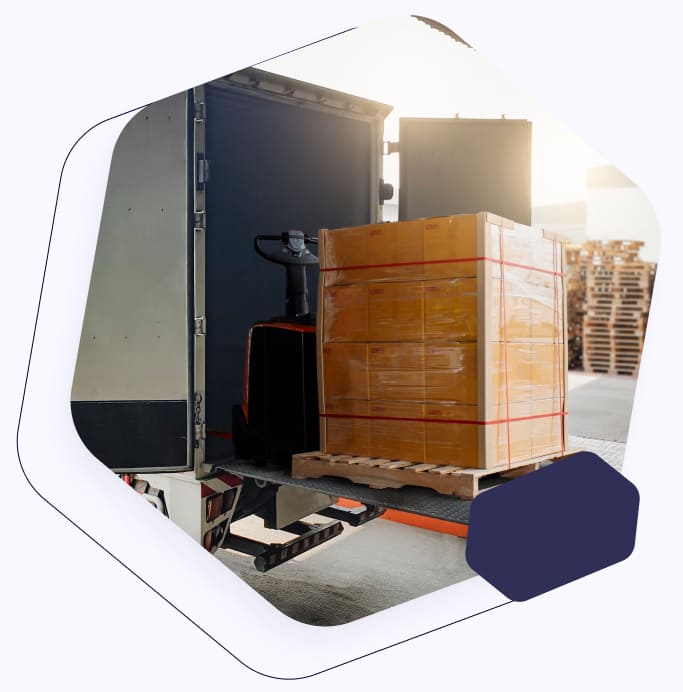
Flexibility in
Shipping cost
To determine the shipping cost in LTL, factors such as the weight, dimensions, density, and freight class of the shipment are considered. Freight class is a standardized classification system that categorizes goods based on their characteristics, such as density, stability, handling requirements, and liability. This classification helps determine the shipping rates and any additional accessories charges that may apply.
Capacity
And coverage

The specific load capacity of an LTL shipment can vary, but it typically ranges from around 150 pounds (68 kilograms) to 20,000 pounds (9,072 kilograms). Some carriers may have higher weight limits, allowing for shipments up to 30,000 pounds (13,608 kilograms) or more.
TMS Free
Partial truckload
Shipping benefits
Partial truckload, also known as «volume LTL,» is a freight transportation option suitable for sizable shipments that don’t necessitate a full truckload trailer.
Sitting between less than truckload (LTL) and full truckload (FTL), partial truckload is typically applicable to shipments exceeding 5,000 pounds or consisting of six or more pallets.
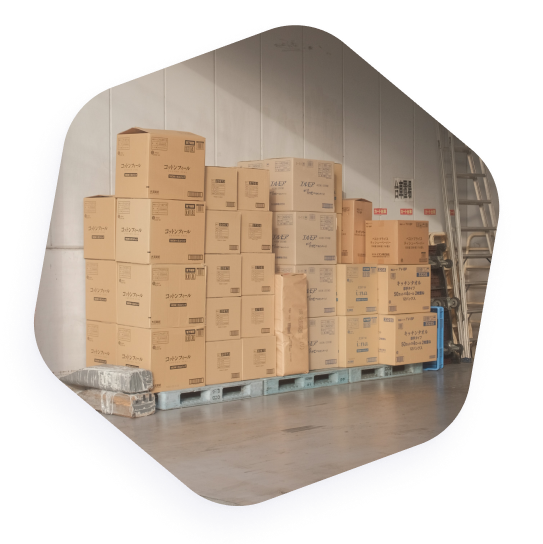
Pack up
Your freight

Loose freight
Loose freight refers to cargo or goods that are not contained or secured within a shipping container or packaging. It typically refers to individual items or bulk goods that are not bundled or palletized for transport. Loose freight can include various types of items, such as machinery parts, building materials, or oversized items that cannot fit into standard containers.

Pallet
Dimensions: 40”X48”
A pallet is a flat, typically wooden or plastic structure used as a base for stacking, storing, and transporting goods. It provides a stable platform for the efficient handling and movement of items in warehouses, distribution centers, and during transportation.
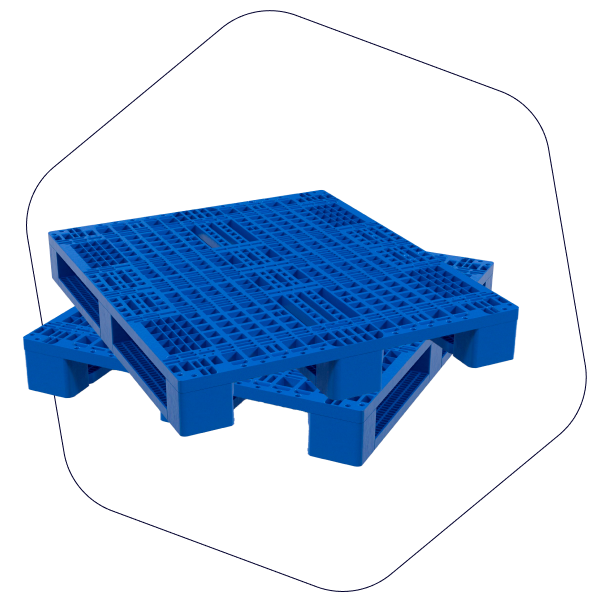
Skid
Dimensions: 40”X48”
Pallets are designed to be lifted and moved by forklifts, pallet jacks, or other handling equipment.

Crate
Crates are commonly used to transport heavy, bulky, or fragile items that require extra protection beyond what can be provided by regular packaging or boxes.
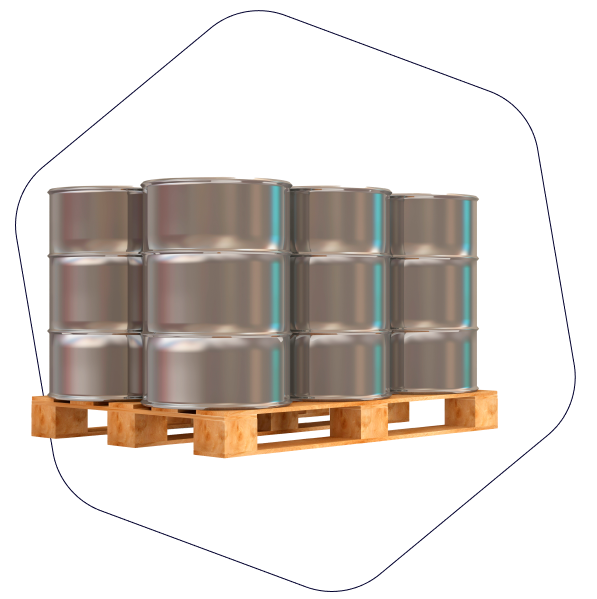
Drum
A pallet is a flat, typically wooden or plastic structure used as a base for stacking, storing, and transporting goods. It provides a stable platform for the efficient handling and movement of items in warehouses, distribution centers, and during transportation.
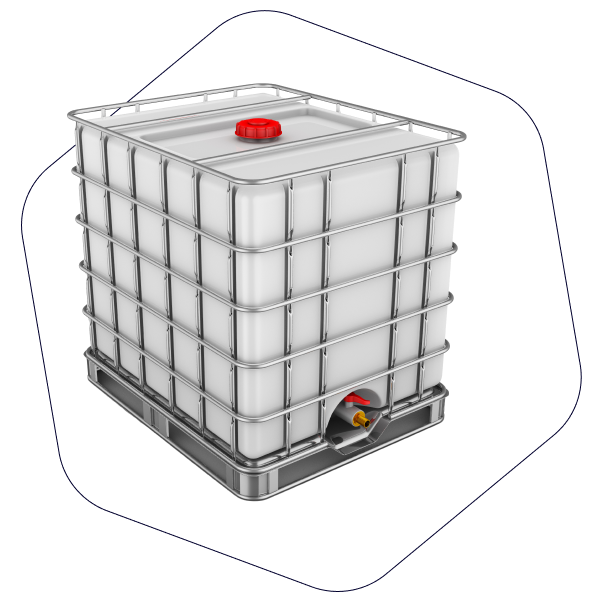
IBC/TOTE
IBC stands for Intermediate Bulk Container. It is a type of reusable industrial container used for the storage and transportation of liquids, powders, and other bulk materials.
We provide
Specialized services in
FAQ´S
DGL offers numerous options for cargo transportation, and the most expensive one is not always the most suitable choice. The selection depends on various factors, including the type of commodity, packaging, the shipping route, pickup and delivery locations, weather conditions, and any required accessorials. Depending on the season, certain carriers may be more advantageous than others. Our agents will provide recommendations for the optimal cargo transportation options.
To ensure accurate quoting and avoid unexpected charges and delays, it is crucial to confirm precise dimensions, weight, and commodity information when requesting a shipping quote. Estimations or inaccuracies in these details can lead to incorrect pricing and potential issues during the shipping process.
Carriers schedule their pickups based on the information provided to them. Any discrepancies can lead to capacity issues, even if the cargo dimensions are smaller than initially indicated. In such cases, the truck may not be able to accommodate additional cargo, potentially resulting in extra charges.